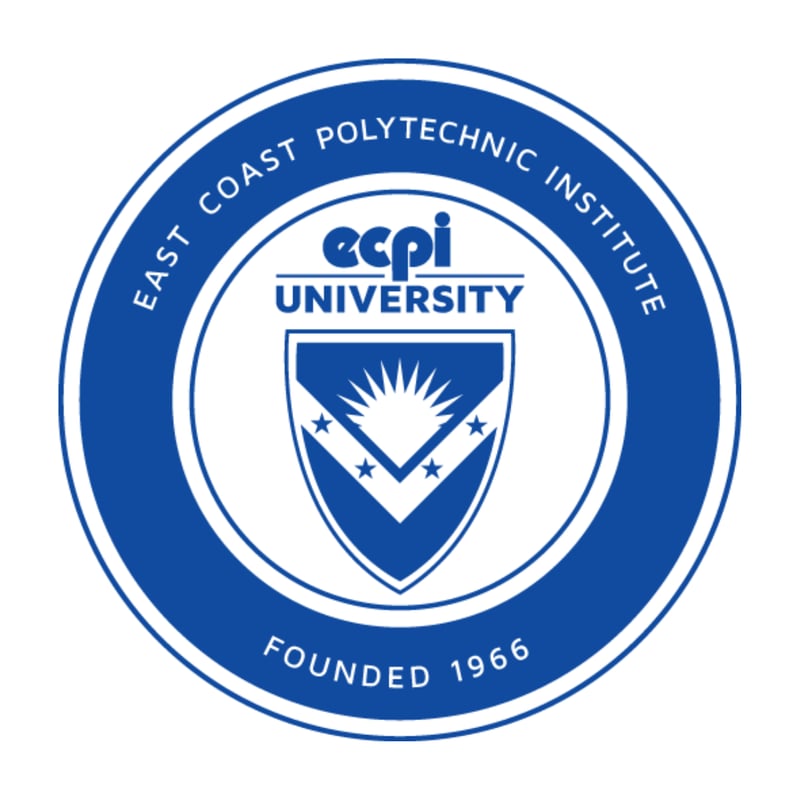
Financial aid (may be available)

No cost info

Financial aid (may be available)

Financial aid (may be available)

Financial aid (may be available)

Financial aid (may be available)

Financial aid (may be available)

Financial aid (may be available)

No cost info

No cost info

Financial aid (may be available)

Financial aid (may be available)

Financial aid (may be available)
This certificate program provides a foundation in supply chain and logistics management from both a U.S. as well as global perspective, preparing participants for professional careers with manufacturers and distributors, transportation carriers, and logistics service providers.
No cost info
American Military University (AMU) offers a logistics management certificate at the graduate level. It provides in-depth study of logistics and supply chain management with consideration of global impacts.
AMU’s online logistics certificate emphasizes transportation factors related to logistics, especially the maritime industry. The curriculum covers topics such as:
Transportation policy and planning
Transportation management and economics
Port and terminal operations
This program is an appropriate choice for those who wish to increase their knowledge of logistics and supply chain management without committing to a full degree program.
No cost info
No cost info
The online Logistics and Supply Chain Management Certificate from CCU will help you gain a deeper understanding of the processes and fundamentals within supply chain and inventory management, including purchasing and inbound logistics; material handling in distribution centers; warehousing and warehouse management; financial and inventory controls; transportation and distribution; and reverse and global logistics.
No cost info

Financial aid (may be available)

$2,730 total

No cost info
No cost info
Learn about the components of supply chains including supply chain networks, supply chain facilities, transportation, and inventory management as well as how emerging technologies affect them with our Supply Chain Fundamentals Certificate. These courses are perfect for learners seeking to enter the supply chain profession, as well as those who are seeking to enter supervisory roles or enter a new domain within the supply chain.
No cost info

Financial aid (may be available)
Logistics is a crucial aspect of any business, ensuring that goods are efficiently transported from one place to another. If you're interested in pursuing a career in logistics, it's essential to find the right training program. In this blog post, we will discuss logistics classes near you in Baton Rouge, how to find the best class, and what to expect from the training.

Logistics is the process of planning, implementing, and controlling the efficient flow and storage of goods, services, and information from the point of origin to the point of consumption. It plays a critical role in supply chain management, ensuring that products are delivered to customers on time and in the most cost-effective way.
Logistics involves several key activities, including transportation, inventory management, order fulfillment, warehousing, and packaging. Professionals in this field work to optimize these activities to ensure the smooth flow of goods and services. They use various tools and technologies to track shipments, manage inventory, and coordinate transportation.
To pursue a career in logistics, you will need to undergo proper training. While there are no specific educational requirements, completing a logistics training program will give you a competitive edge in the job market. These programs are typically offered by vocational schools, community colleges, and online platforms.
When searching for logistics classes near you in Baton Rouge, there are a few key factors to consider:
Accreditation: Make sure the training program is accredited by a reputable organization. This ensures that the curriculum meets industry standards and will provide you with the necessary knowledge and skills.
Curriculum: Review the course syllabus to ensure that it covers all the essential topics in logistics, including transportation management, inventory control, supply chain optimization, and logistics technology.
Hands-on Experience: Look for programs that offer practical training opportunities, such as internships or fieldwork. This will give you real-world experience and make you more marketable to potential employers.
Instructor Qualifications: Research the qualifications and experience of the instructors. They should have industry experience and expertise in logistics to provide you with valuable insights and guidance.
Job Placement Assistance: Check if the training program offers job placement assistance or has connections with local employers. This can significantly increase your chances of finding employment after completing the course.
Logistics classes typically involve a combination of classroom lectures, group discussions, and hands-on exercises. Here's what you can expect from the day-to-day class:
Classroom Lectures: You will learn about the various aspects of logistics, including transportation modes, supply chain management, inventory control, and logistics technology. The instructors will provide you with theoretical knowledge and industry insights.
Group Discussions: You will have the opportunity to engage in discussions with your peers, sharing different perspectives and experiences. This fosters a collaborative learning environment and allows you to gain insights from others in the field.
Hands-on Exercises: Many logistics classes include practical exercises, such as case studies, simulations, and real-world projects. These activities help you apply your knowledge in practical situations and develop problem-solving skills.
After completing a logistics training program, you may have the option to pursue a certification. While not mandatory, certifications can enhance your credibility and demonstrate your expertise in the field. The certification process typically involves the following steps:
Eligibility: Check the eligibility requirements for the certification you're interested in. Some certifications may require a certain level of education or work experience.
Examination: Prepare for and pass the certification exam. The exam evaluates your knowledge and understanding of logistics principles, practices, and industry standards.
Renewal: Most certifications require periodic renewal to ensure that professionals stay updated with the latest industry trends and best practices. This may involve completing continuing education credits or retaking the exam.
Once you have completed your logistics training and obtained any necessary certifications, you can start looking for job opportunities. Here are a few strategies to help you find a job in logistics:
Networking: Attend industry events, join professional associations, and connect with professionals in the field. Networking can help you uncover hidden job opportunities and get referrals from people who can vouch for your skills and qualifications.
Online Job Platforms: Utilize online job platforms like Indeed to search for logistics job openings. These platforms allow you to filter jobs based on location, experience level, and other criteria, making it easier to find relevant opportunities.
Direct Applications: Research logistics companies in your area and directly apply to their job postings. Tailor your resume and cover letter to highlight your relevant skills and experience.
Once you have established a career in logistics, you may want to consider expanding your skill set by taking additional classes. Here are a few classes that can complement your logistics training:
Supply Chain Management: This class focuses on the coordination and management of all activities involved in the supply chain, from procurement to delivery. It will provide you with a broader understanding of the entire supply chain process.
Project Management: Project management skills are highly valued in the logistics industry. Taking a project management class will help you develop skills in planning, organizing, and executing projects effectively.
Data Analytics: With the increasing use of technology in logistics, data analytics skills are becoming more important. This class will teach you how to analyze and interpret data to make informed business decisions.
If you're interested in pursuing a career in logistics, finding the right training program is crucial. Logistics classes near you in Baton Rouge can provide you with the necessary knowledge and skills to succeed in this field. Remember to consider factors such as accreditation, curriculum, hands-on experience, and job placement assistance when choosing a class. And don't forget to utilize resources like Dreambound to explore other vocational classes and career options.
With Dreambound, find comprehensive guides that make starting in this field easier, each suited to a specific city. If you've planned a move or are doing research for another vocation, our other guides may be able to help.
Exploring different career paths? Dreambound offers in-depth guides to assist you in making well-informed decisions. Explore some of these resources below:
Dreambound's platform allows prospective students to find the right educational program for them through searching, filtering, and connecting with our extensive selection of career & technical education partners.
Dreambound has over 70 programs across healthcare, technology, business, and industrial trades. This includes programs such as Medical Billing, Cybersecurity, and welding.
Some of our schools offer financial aid for those who qualify. Many others offer payment plans, where you can pay the cost of class over time.
Yes, Dreambound offers many online programs. On Dreambound's search, you can filter by online, in-person, and hybrid (part online, part in-person).
Dreambound is completely free for you to use! We are supported by schools and organizations who pay to advertise on our website, so we can offer all of our career resources for free.